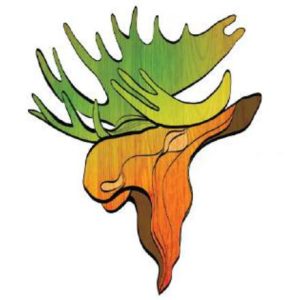During six days the Festival features a selection of more than 150 short-, medium- and full-length films from some thirty countries however with a predilection for Quebécois cinematographic works. Every year brings its share of world and North American premieres. Known for its receptive, open-minded audiences, the Festival du cinéma international en Abitibi-Témiscamingue is very often a fine occasion to test or crack the North American market.
Striving to diversify its cinematographic offer and audience, the Festival has developed many activities adjoining to the regular program schedule. Some of them are intended for younger audiences, children and school groups, others for adults 18 to 30 years of age. Also the Festival tours the other main cities of the region.
Awards
The Festival du cinéma international en Abitibi-Témiscamingue bestows five prizes during the event:
- The GRAND PRIX HYDRO-QUÉBEC is awarded by the public to the most appreciated full-length feature. Voting is carried out by secret ballot and a balanced average is applied to determine the winner of the popular vote;
- The PRIX TÉLÉBEC is presented to the best short or medium-lenght film by a regional jury selected by the Festival’s organizers, the decision being based upon a grid of preestablished criteria. This award is matched with a 1 000 $ prize;
- The PRIX ANIMÉ RNC MEDIA is awarded by the public to the most appreciated animation film, following the same system as the one used for the Grand Prix Hydro-Québec;
- The Prix Télé-Québec presented within the framework of Espace Court is awarded by the audience to the best Québécois film, and comes with a $1,000 grant.
- Bourse Relève Desjardins – This grant, in the amount of $1,000, is given by a jury to the best short film directed by a student from the Cégep de l’Abitibi-Témiscamingue or Université du Québec en Abitibi-Témiscamingue.
Rules
- Shorts: All types of films (fiction, documentary, animation) must have been produced after January 1st, 2022
- Features: All types of films (fiction, documentary, animation) must have been produced after January 1st, 2022;
- Films submitted must not have been shown commercially in Canada, exceptions notwithstanding;
Screening Media Type: DCP
Subtitles language: French (preferably) or in English
Premiere Requirements
National premiere required.


